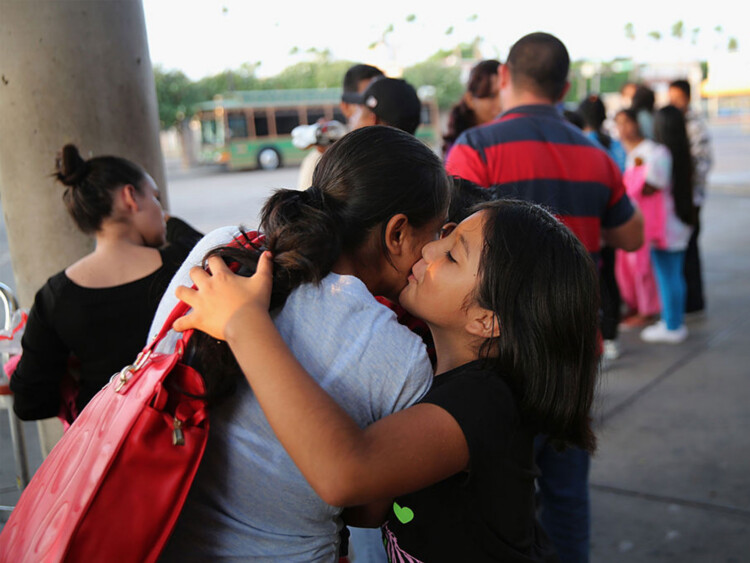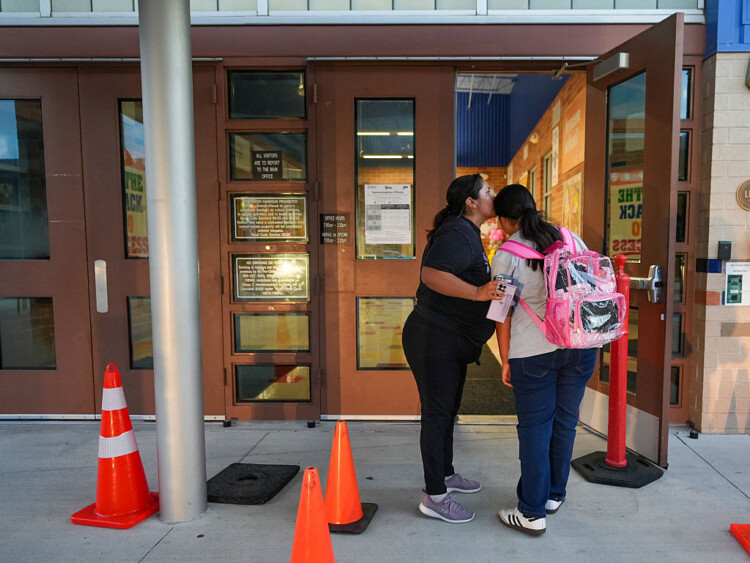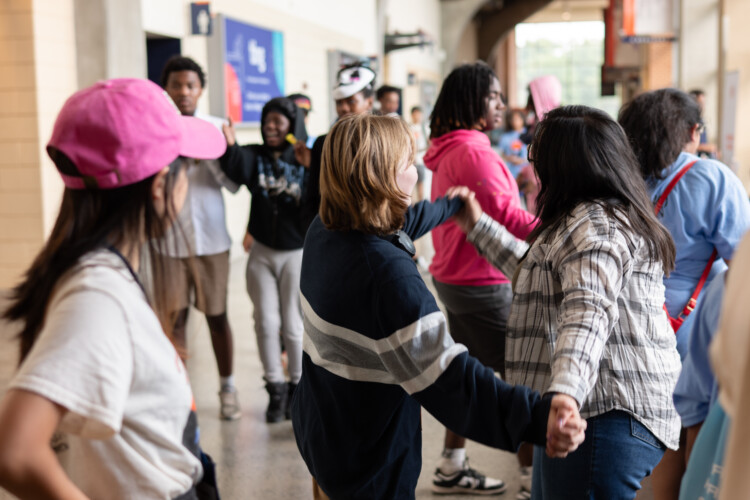The William T. Grant Foundation invests in high-quality research focused on reducing inequality in youth outcomes and improving the use of research evidence in decisions that affect young people in the United States.

Supporting research
to improve the lives
of young people
Focus Areas
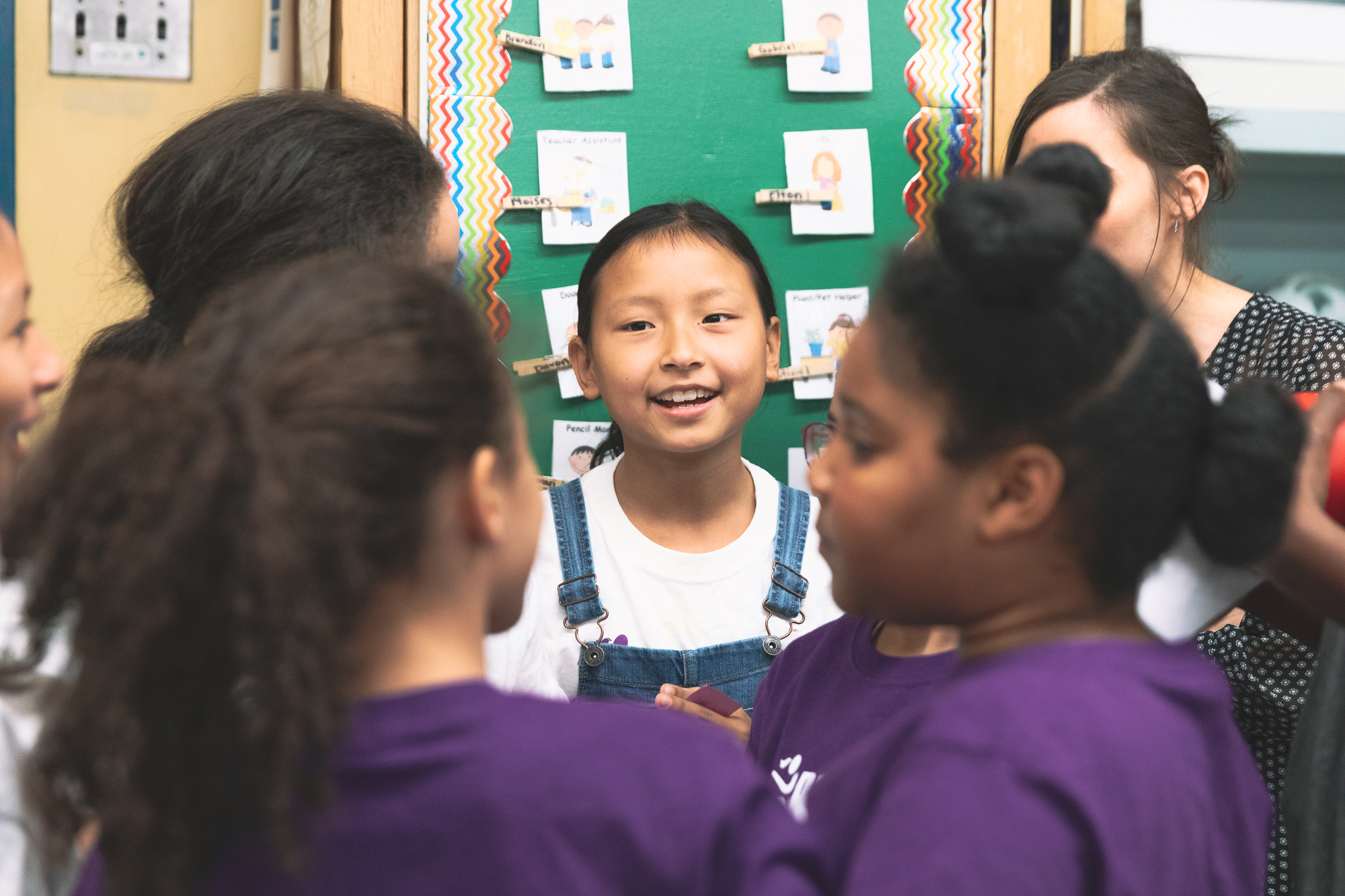
Our Work • Focus Area
Reducing inequality in youth outcomes
We believe that it is time to build stronger bodies of knowledge on how to reduce inequality in the United States and to move beyond the mounting research evidence about the scope, causes, and consequences of inequality.

Our Work • Focus Area
Improving the use of research evidence in policy and practice
We want to know what it takes to get research used by decision-makers and what happens when research is used.
Funding
Opportunities
Grant Programs
This program funds research studies that aim to build, test, or increase understanding of programs, policies, or practices to reduce inequality in the academic, social, behavioral, or economic outcomes of young people ages 5-25 in the United States
Status:
Closed
Open date:
June 3, 2026
Next Deadline:
July 29, 2026 3:00 pm EST

This program funds studies that examine ways to improve the use of research evidence by policymakers, agency leaders, organizational managers, intermediaries, and other decision-makers that shape youth-serving systems in the United States.
Status:
Closed
Open date:
June 3, 2026
Next Deadline:
July 29, 2026 3:00 pm EST
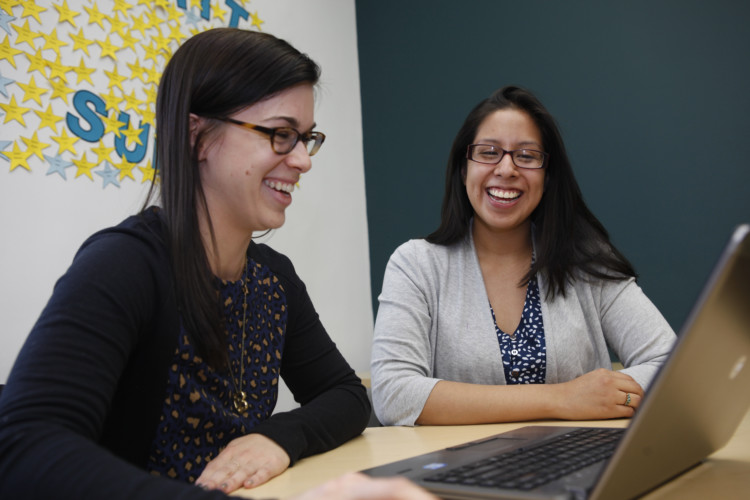
The William T. Grant Scholars Program supports career development for promising early-career researchers. The program funds five-year research and mentoring plans that significantly expand researchers’ expertise in new disciplines, methods, and content areas.
Status:
Closed
Open date:
March 27, 2026
Next Deadline:
June 30, 2026 3:00 pm EST

The Institutional Challenge Grant supports university-based research institutes, schools, and centers in building sustained research-practice partnerships with public agencies or nonprofit organizations in order to reduce inequality in youth outcomes.
Status:
Closed
Next Deadline:
TBD
2026 application dates will be published in Spring 2026.

This program supports activities to improve the quality of existing youth services by helping nonprofit organizations in New York City address challenges or remedy problems at the point of service, where staff and youth interact.
Status:
Open
Open date:
January 16, 2026
Next Deadline:
April 1, 2026 3:00 pm EST
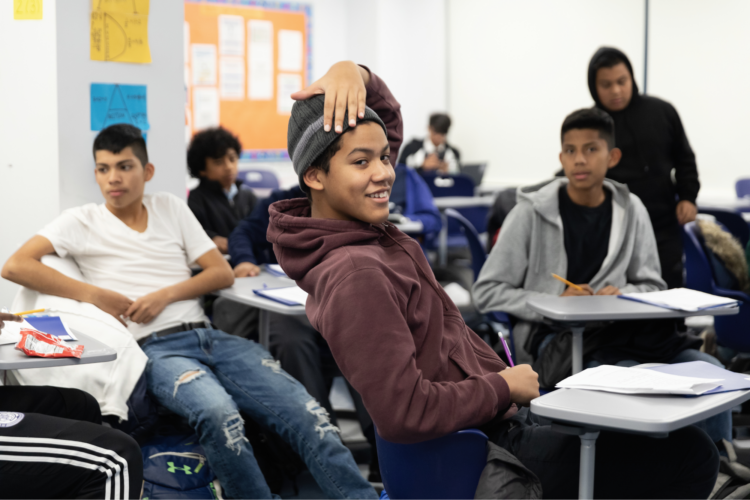
The Youth Service Capacity-Building Grants (YSCG) program supports activities to strengthen the organizational infrastructure of small nonprofit organizations in the five boroughs of New York City that provide direct services to young people ages 5 to 25.
The YSCG program is aligned …
Status:
Closed
Next Deadline:
TBD


“Effective programs and policies can enhance young people’s lives, and social science research can help us understand, build, and improve those that work best.”
Adam Gamoran, President
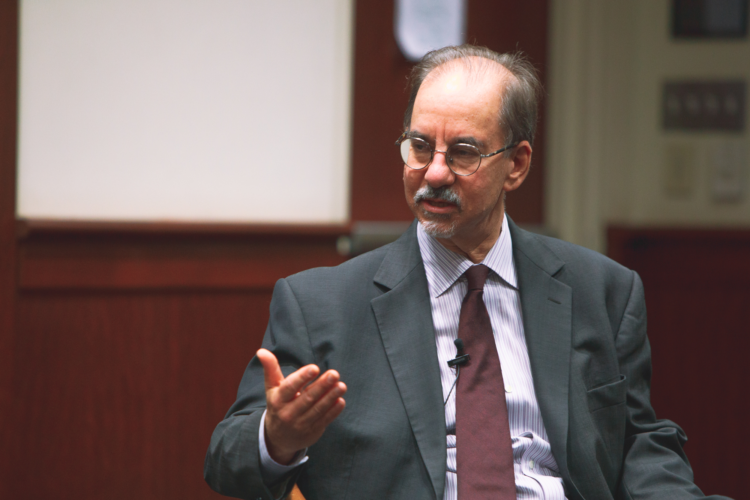
From the Field
Foundation Microsite
Whether you are looking to form, grow, or support a research-practice partnership, you need to know where to start and what to expect. We’ve gathered guiding tips, work samples, and resources from successful partnerships that can help you on your way. Think of it as a one-stop shop.

Latest
Research
Journal Articles
Journal of American College Health
Approaches to preventing opioid-related harms in US higher education: A PRISMA-guided scoping reviewFebruary 17, 2026
Authors: Christina E. Freibott (Department of Health Law, Policy, and Management, Boston University School of Public Health) | Sarah Ketchen Lipson (Department of Health Law, Policy, and Management, Boston University School of Public Health) | Erin Major (Department of Health Law, Policy, and Management, Boston University School of Public Health) | Michael D. Stein (Department of Health Law, Policy, and Management, Boston University School of Public Health) | Noel Vest (Department of Community Health Sciences, Boston University School of Public Health)
LGBTQ+ Family: An Interdisciplinary Journal
Associations Between Queer Parent Family Socialization and Adolescent Outcomes Among Diverse Queer Parent Families in the U.SFebruary 14, 2026
Authors: Nita Kulkarni (University of Kentucky) | Rachel Farr (University of Kentucky)
BMC Public Health
Parents’ precarious work schedules and children’s asthma managementFebruary 9, 2026
Authors: Kelly Quinn | Katerine Perez | Daniel Schneider
Browse the Library
- Log In / Apply
- Funding
- Funding Opportunities
- Grantee Forms
- Awarded Grants
- Early-Career Reviewer Program
- Research Grants on Reducing Inequality
- Research Grants on Improving the Use of Research Evidence
- William T. Grant Scholars Program
- Institutional Challenge Grant
- Youth Service Capacity-Building Grants
- Youth Service Improvement Grants
- Focus Areas
- About
- Library
- The Digest


